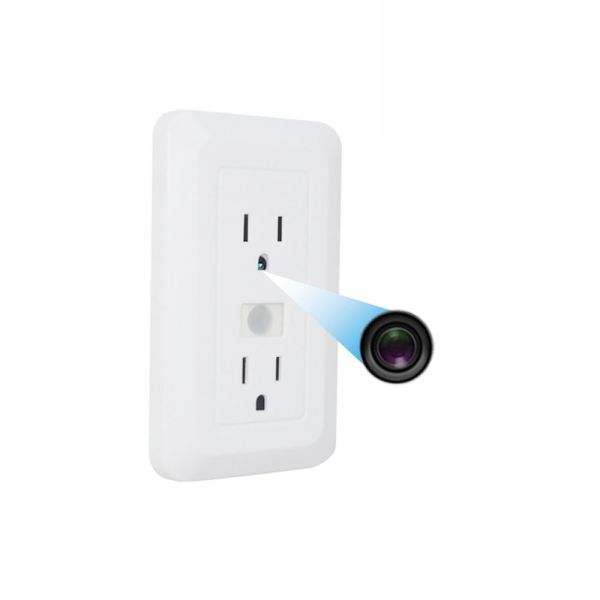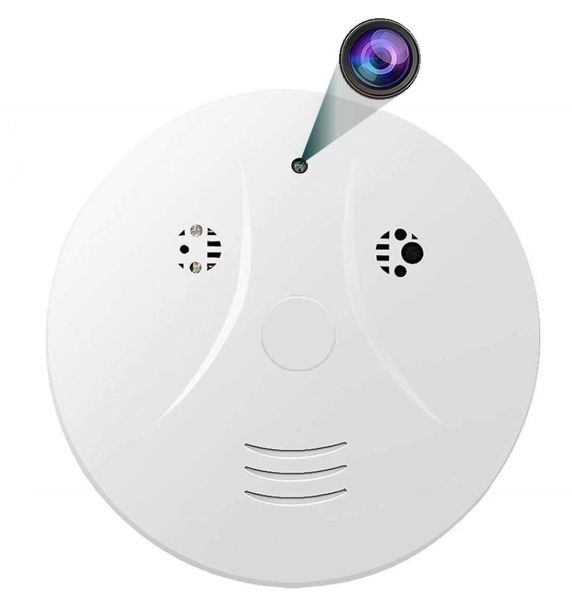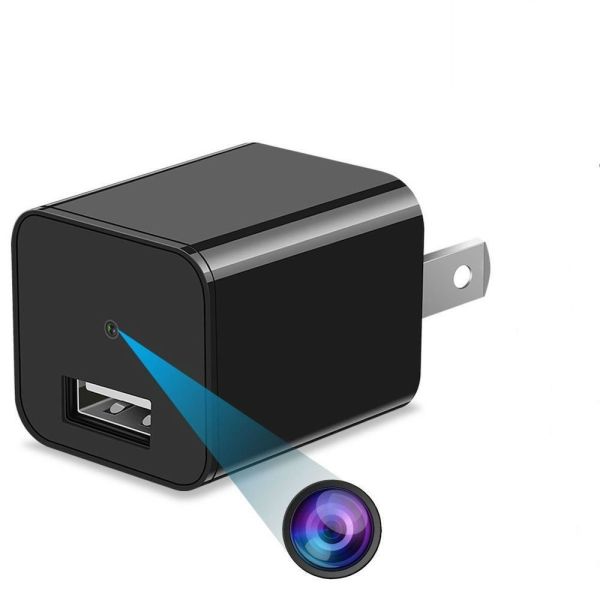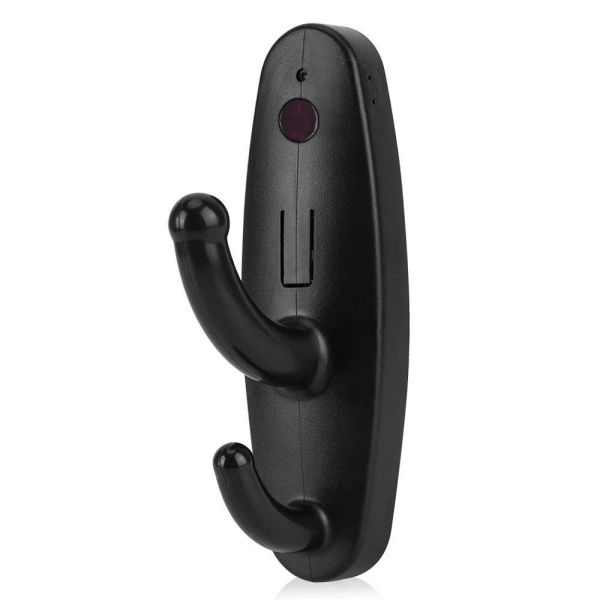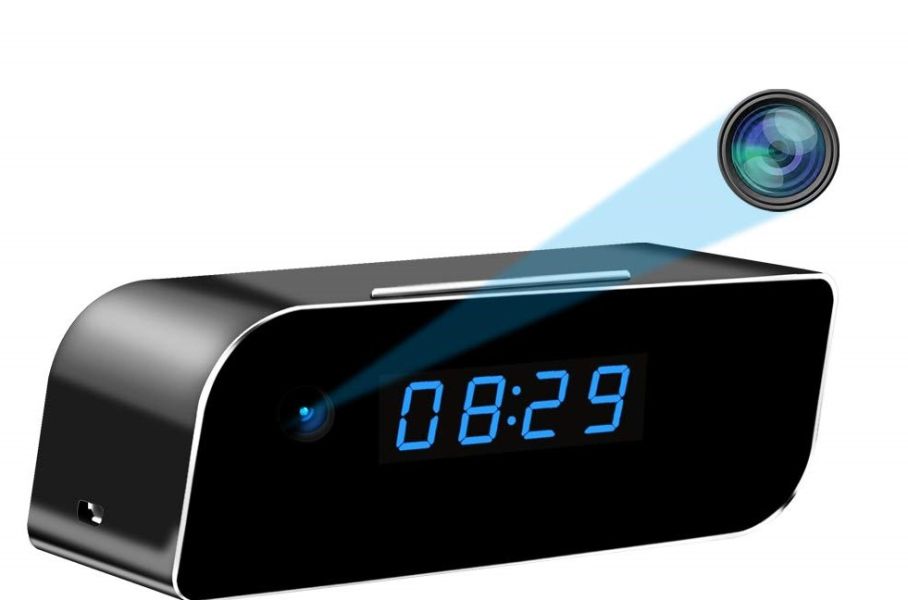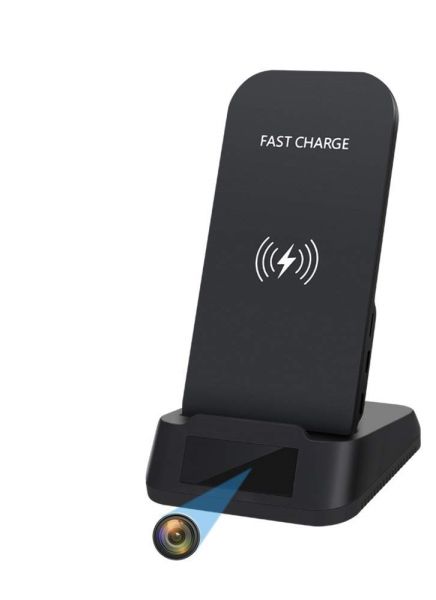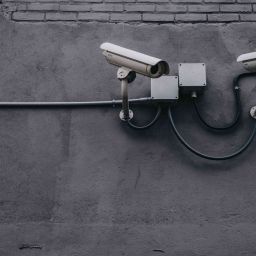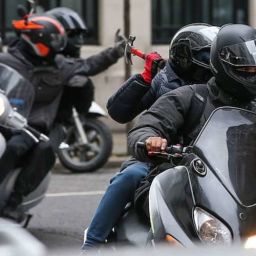The world is getting smaller every day and remains wonderfully diverse. Simply catch a plane from an urban, sophisticated European capital city and in a few short hours you can be in a completely different culture, where even basic sanitation is not the norm.
As you travel you need to pay much more attention to security and you need to increase your travel safety awareness. Danger can be found worldwide but the nature of those dangers can vary dramatically from country to country, region to region and even city to city.
Table of content:
• How to choose the right holiday location?
• How to stay safe in Planes?
• How to stay safe in Taxis?
• Driving abroad
• Hotel Safety
There are basic steps you should take no matter where you travel. These include finding out if you need to drink bottled water, avoid ice and salads, and how safe the local water is for cooking. However, you also need to look at country-specific security issues.
Many government websites contain important travel safety information. One of the best ones is the Foreign and Commonwealth Office (FCO) which provides up-to-date information and advice on travel risks in order to help people make decisions on where they want to travel.
In addition to useful suggestions the FCO has produced a guide covering 225 countries and territories. It also provides travellers with alerts and advisories regarding any situation that could pose a threat to the safety of British citizens. If an alert is posted, you would be wise to take it seriously.
The FCO is a government run body and is therefore political in nature. Diplomacy is a very gentle art so they have to remain mindful on the economic and political impacts of posting alerts because it could adversely affect the tourist industry and, therefore, the economy of the country concerned. At times the FCO may delay or water down an alert in order to avoid diplomatic or political tensions. In the past these delays have led to tragedy so it is always helpful to check also the USA State Department’s Traveller Advisory website and compare the reports.
Every country in the world is unique so it is always a good idea to check out the local laws and customs, local rates of crime, level of terror cell activity, medical information, political stability and natural disasters. When it comes to safety, remember, there is no such thing as having too much information.
How to choose the right holiday location?
Avoid Politically Unstable Regions
Europe is a political stable area but in many parts of the world this is not the case. In Europe, we have a democratic system in place to transfer power, but in other regions leaders remain in place until they either die or are overthrown.
Sometimes you just cannot predict a revolution, but doing some good research will give you a useful overview of the government in the region.
If you are travelling to an area with a history of unstable political situations, in particular those with a history of the violent overthrow of past regimes, be sure to put an emergency evacuation plan in place before you travel, and review it during your stay.
Country-Specific Travel Warnings
As discussed earlier, the FCO will not issue travel alerts lightly; if they issue one there is always considerable cause, so always check before you start organising your travel.
At present travelling to Sri Lanka would be ill-advised unless absolutely necessary. The Sri Lankan state has clearly identified a threat, bombings have taken place and are likely to recur. Likely targets have been named.
If your travel is unavoidable i.e., you need to go there for work or another compelling reason, you should follow the recommended precautions.
Local Laws and Customs
Always check out the local laws and customs before you arrive in a country. Actions that are commonplace in the United Kingdom can cause unintentional offence elsewhere, in some cases this is so extreme you could end up being arrested. In Thailand, for example, the feet are considered the lowest and dirtiest part of the body and the head is the most sacred. To sit with your feet up pointing towards a person’s face of head is unbelievably offensive. So think twice before you put your feet up on the train or you could find yourself in a confrontation with someone who believes they have been insulted. Not only will you be frowned upon, you could end up being assaulted.
Local Criminal Activity
Although we tend to focus on the risk of terrorism, in reality most British nationals overseas have a greater risk of being the victim of a crime. In fact, in some countries there is a whole industry devoted to victimizing Western tourists. In poorer countries it is well known that western tourists are likely to have cash and valuables and this makes them a high value target. The same is true for ex-pat communities. For people in the poorest countries the cash in your wallet is worth several months of salary and so is that expensive watch or jewellery.
Locals know where to go to stay safe and not being familiar with an area marks you out as a tourist and makes you an easy target.
Emergency Medical Care
To find out the condition of the medical infrastructure of a country, how well their doctors are trained and how well supplied and staffed their hospitals are is vital information that is all supplied by The National Travel Health Network and Centre (NaTHNaC).
It is a good idea to learn about where the hospitals are located and the level of medical care on offer. Availability of medications – both over the counter and prescribed may be limited. In some countries you can only find a pharmacy in a major city. If you have prior knowledge you can prepare a kit of appropriate medications and take them with you.
Make sure you have an idea of the type and prevalence of diseases in the area. Research gives you the chance to have the appropriate vaccinations before you leave, protecting you from diseases such as malaria, hepatitis, cholera, and rabies.
How to stay safe in Planes?
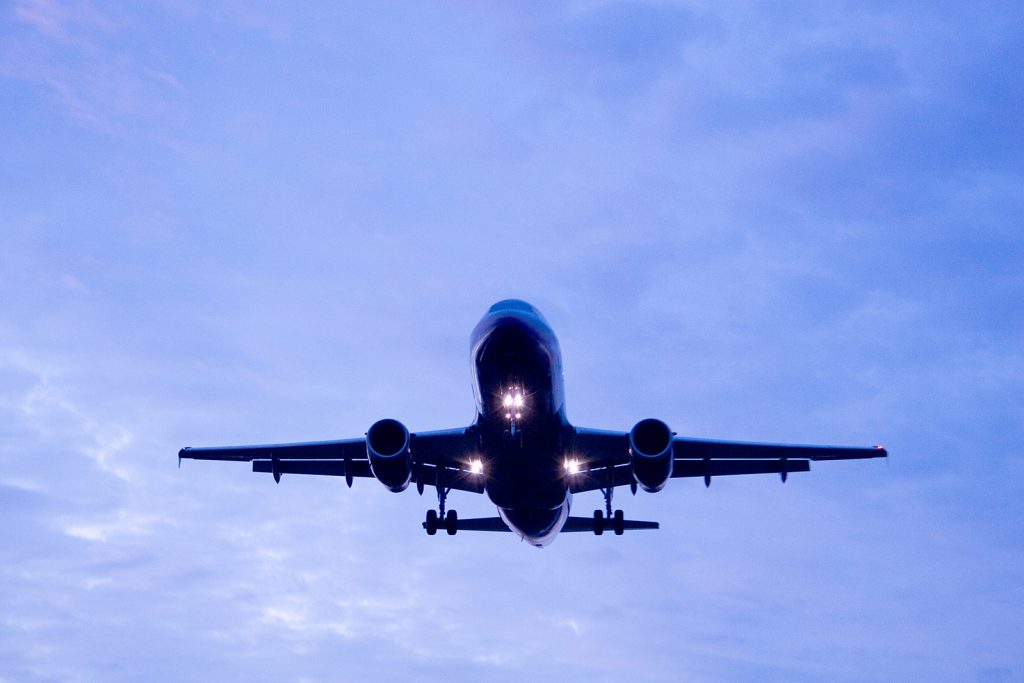
Statistically, air travel remains the safest form of travel. For every 1 billion miles travelled by air there will be 0.07 deaths compared to 7.2 when travelling by car. However not all aircraft are created equal; commercial aeroplanes remain the safest and private aircraft being less safe that their commercial counterparts. According to Eurostat, between 2012 and 2017, 195 people died on commercial flights compared to 1059 in other forms of aircraft.
The reason is that private planes often have fewer safety features and their pilots need less training than for commercial passenger planes. Despite this, they are still safer than most other forms of transit.
For those who don’t like to fly then next safest transit method is bus, followed by trains and ferries, with the least safe by a large margin being car travel.
It is important to remember that there are other incidents that can happen besides crashes. An emergency landing can be deadly. However, if you are ever in the unlikely position of experiencing an emergency in an aircraft there are some tips you can use to increase your chance of survival.
Evacuate within 90 seconds
We have all seen the news footage of the aftermath of plane crashes and, faced with this level of devastation, it is easy to assume that there is no chance of survival. However, most passengers will survive the impact only to fall victim to smoke inhalation from the resulting fire.
The gold standard for aviation safety organisations is that all passengers must be able to be evacuated within 90 seconds. This small window of opportunity is the time you have before you become likely to die of smoke inhalation.
Follow these tips to increase your chance of survival:
Movement saves lives
Ninety seconds can go by in the blink of an eye, but this is the total amount of time you have to get off that aircraft. It is not uncommon for people to freeze when in a life or death situation but you must override this and act immediately. You cannot predict how you will react at the time but by thinking about these things before the event, having a plan of what you would do, you are more likely to be able to motivate yourself and your family to get off that plane immediately.
Leave It Behind
Leave all personal items behind. The only important thing is to get yourself and your family to safety. Although this sounds obvious we can sometimes react strangely in an emergency situation, so keep it in mind. Yes, this also means to leave your phone behind.
The Five-Row Rule
Although the common belief is that if the plane crashes it goes down nose first, this is not always the case, sometimes the tail hits first. Maximum chance of survival, either in a crash or emergency landing situation, comes from being able to get off the plane in 90 seconds to avoid the fire and smoke. Choosing a seat, no more than 5 rows away from an exit will give you the best chance. Try booking the exit row for maximum access. Although people often like a window seat aisle seats are better in an emergency where you don’t have anyone else to get past before heading to the exit. If you book online, you can see your seat location and choose the one you want and when doing so you should remember the 5-row rule.
Plus 3 / Minus 8
Plus 3, minus 8 – these are the essential minutes in the flight. The plus three refers to the three minutes following take off; the minus eight refers to the eight minutes before the plane lands. According to flight crash investigators, most crashes happen during these times so increase your chances of survival by keeping the following points in mind:
- Stay vigilant. Don’t go to sleep as soon as you get on the plane, and if you do sleep wake up before landing.
- Avoid distractions. Turn off devices, put away your book and stay attentive.
- Keep your shoes on. Use comfortable shoes for travel and avoid insecure footwear like sandals.
Make sure your seat belt is securely fastened. - Avoid alcohol, even pre-flight, this will reduce your ability to function in an emergency.
Read the Safety Card
Most people ignore the safety card and the flight attendant’s safety drill. Of course, you may have heard the speech a dozen times; you know how to fasten a seatbelt and what to do if that oxygen mask drops down. However, make it a rule to pay attention and read the safety card every time. Planes have different designs and the exits may not be where you’d normally expect them.
It is always good to refresh your mind about things like life jackets, the brace position and how your seat cushion can be used as a flotation device. It takes 2 minutes to read, yet only 1% of passengers bother to do so.
To summarise, use this helpful pre-take off checklist:
Pre-Take-off Checklist
- Count the number of seats from your row to the nearest exit.
- Take note of the surroundings. Are there any potential obstacles you’d have to deal with in an emergency?
- Keep your shoes on.
- Keep your seat belt tightly fastened.
- Read the emergency card.
- Check for your life jacket and/or other flotation devices.
- Stay awake, especially during take-off and landing.
41 dead after Russian passenger plane crash lands at Moscow airport
How to stay safe in Taxi?
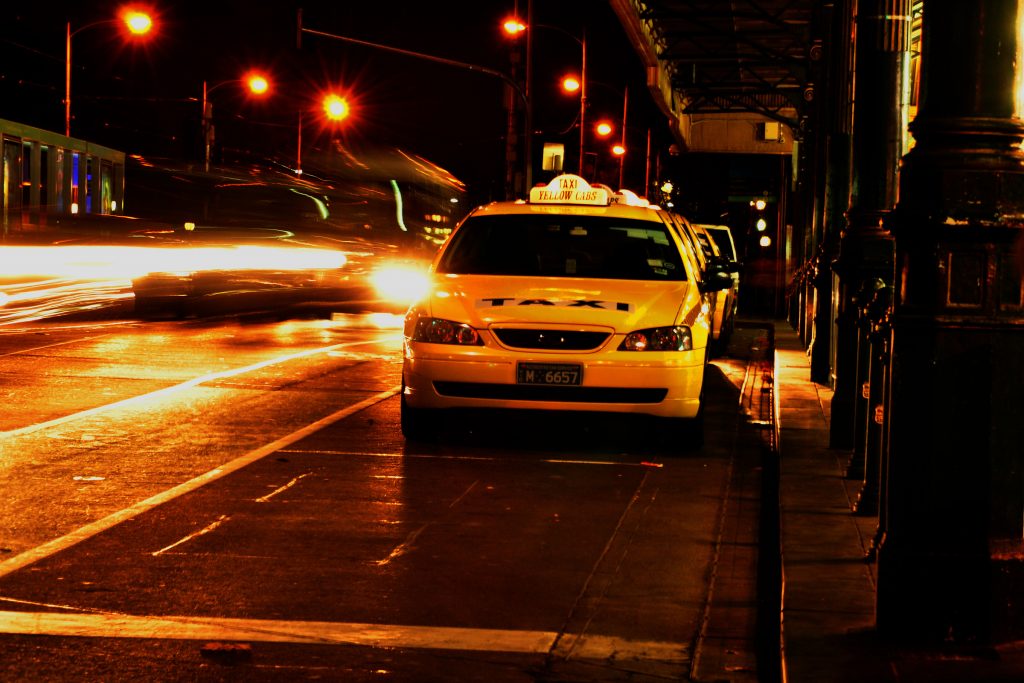
Taxis are not as safe as you think. Once people arrive at their destination many will get straight into a taxi; statistically this is the more dangerous part of your journey. We often feel safe hopping into a taxi after a night out, or just to avoid walking home at night.
We choose taxis because we feel safe, however, ultimately you have gotten into a car with a complete stranger who you now have to trust with your safety and well-being. This is actually a very vulnerable position. Foreign taxis can prove especially dangerous so it is always worth taking a few key steps to keep yourself safe.
Look Out for Taxi Scams
You should make yourself familiar with the most common taxi scams. The best known is when taxi drivers set the meter to “suburban rate” rather than the standard rate, allowing them to overcharge the customer.
When a Taxi Is Your Only Option
There are many honest and hard-working drivers who are not going to rip you off or harm you, but for your own safety you should be aware of risk situations which could mean someone can take advantage of you.
Again, situational awareness is vital; be aware of your surroundings, and if you are impaired in any way DO NOT get into a car with someone you don’t know. If you really have no choice, follow a few basic rules to help maintain your safety.
Know the route (know your destination and how to get there)
You should familiarize yourself with the best route to your destination so that instead of relying on a stranger to get you there, you can tell him which route you want him to take. Keep an eye on where he is driving, and if he strays from your preferred route ask him to return to the correct one. If he does not, get out of the car at the first opportunity.
Do Your Research
Staying alert while travelling is essential regardless of your destination but it helps to do some research about the more common scams that take place in the country you are travelling to. Research the names of reputable taxi companies and carry their number. If staying at a hotel you can always ask them to call a taxi for you, or to recommend one that you can trust.
Only You Decide your Destination
Never let a taxi driver, or anyone else, talk you into going somewhere other than your original destination. Retain control of the situation; don’t hand it over to the taxi driver.
If the driver suggests alternative hotels, destinations, restaurants, clubs or bars, insist on going to your original destination as these ‘recommendations’ are almost always because he is getting a fee from someone within establishment.
Never let him take you ‘on a short cut’ even if he says it will save money, you could end up in a dangerous situation or not knowing where you are or where you are going.
Is It Legit?
A few simple checks can tell you if this is a legitimate taxi operation or a potentially dangerous situation:
- doors should have handles on the inside. You must be able to exit the taxi on your own. If you can’t see a handle, don’t get in.
- there should be a picture of the driver, the taxi medallion and a radio. If these are not present use another taxi.
- pick up a taxi at a designated taxi stand. Don’t go with the guy at the airport asking if you need a ride.
Do not Share Your Taxi
This might seem a bit mean if there are many of you waiting at a busy airport or finding a taxi is hard. Plus, it will save you money. However, you are getting into a car with a complete stranger and that could leave you in a very vulnerable position. The person you are riding with may be working with the driver, or may way have ulterior motives of their own.
Be careful with Your First Option
If you have had a long trip the urge is to get out of the airport or train station and to your destination as quickly as possible. However, you should avoid just jumping into the first taxi you see. Busy transit hubs attract unofficial taxis and if you are rushing or tired from your journey you might miss the obvious signs that this may not be a legit operation.
It is always better to use an official area-licensed taxi even if this means waiting a while at the taxi stand. If you can’t see where to get your taxi the transportation desk at the airport will be happy to help with directions and advice. Inquire about the expected price for your journey here so you know if you’re being ripped off.
Keep The Windows Up
Even if it is a beautiful day and you want to enjoy the breeze it is always best to keep the windows up. If ventilation is an issue, open them a small amount just enough to let some air in.
A criminal is always looking for an easy target and an open window is a godsend – they can just reach in and grab your belongings as the car slows or sits at a red light. Even if someone is outside asking you to roll down the window, never be tempted to do so.
Be Discreet
Keep valuables out of sight. A smartphone is really easy to steal and will attract thieves so keep it well hidden. Expensive watches and jewellery can also attract the wrong kind of attention. There is no need to dress like a slob, just remain aware that displaying valuables will tempt criminals.
And finally, if you are trapped in a taxi don’t hesitate to kick out the window. Lie on your back and kick with both legs. Aim at the lower part of the window and towards the corner where the glass is tighter and easier to break.
Driving abroad

Keep valuables out of sight. A smartphone is really easy to steal and will attract thieves so keep it well hidden. Expensive watches and jewellery can also attract the wrong kind of attention. There is no need to dress like a slob, just remain aware that displaying valuables will tempt criminals.
And finally, if you are trapped in a taxi don’t hesitate to kick out the window. Lie on your back and kick with both legs. Aim at the lower part of the window and towards the corner where the glass is tighter and easier to break.
Hotel Safety

There are a number of safety issues in hotels including break-ins, fires, natural disasters and terrorist attacks. Things often mysteriously ‘go missing’ in hotel rooms so stay vigilant and follow these tips to enjoy a safe stay in your hotel.
Choose Your Room Carefully
Choose a room between floor 3 and floor 6. Criminals target the first two floors because they have an easy escape route. They can break in, rob the rooms and then quickly get to their getaway car. Most fire engine ladders stop at the sixth floor so if you are higher than this you need to get down the building; not easy if your room is on the 77th floor.
Avoid rooms next to the stairwell, again, these provide a quick and easy escape route for criminals looking to rob the room.
Practice situational awareness: Make sure you are not being followed when you get off the elevator. If you are then do not go to your room. Summon help. Gut feeling is important here and you should listen to this when trying to decide if you should call the front desk or the police.
Protect Yourself and Your Belongings
It seems obvious, but make sure you lock your door. The moment you go in lock it behind you and consider buying an alarmed door stopper. These are a very inexpensive way of maintaining personal security in your hotel room and could save your life.
Hotel safes are not safe
I could probably write a book about this chapter however, I will keep it simple and tell you that these are not safe. Most of them still have the default password “000000” you have a better chance securing your valuables by locking your luggage. You can lock your luggage to hard removable items like a radiator or bed by using a combination of a steel security cable and a good key lock. This is still far from being secure but it’s much better then typing “000000”
Hotel bugs
I am not talking about bed bugs or other hotel pests, I am talking about hidden cameras and other listening devices. This is unfortunately a very old practice and due to our technical advancement it is increasingly harder to detect and remove. If you are targeted by state supported professionals, you have a very little chance to find these bugs and you should seek professional advice. Most hotels thankfully don’t fall into this category.
How to find hotel bugs?
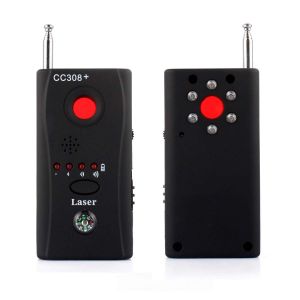
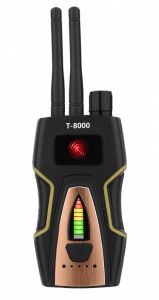
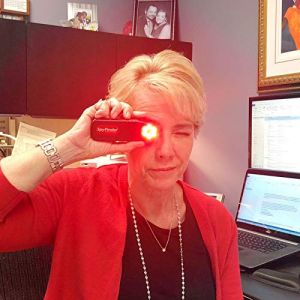
There are three main methods to find hidden cameras:
- Scanning for radio frequencies (RF scanning)
- Detecting camera lenses
- Physical search
Physical search can be the most effective method but it can be very difficult due to lack of access and it requires much patience. It can be very difficult to check a smoke detector if you cannot reach ceiling. You can start the physical inspection with a visual scan. Most cameras are placed in locations with a clear view of the subject, try to identify these locations and try to find out of place objects like a clock in a bathroom. Most common places for hidden cameras are in smoke detectors, alarm sensors, telephone, desk lamp, wall and alarm clocks, power outlet, ac power adapters, behind mirrors and paintings, tissue boxes and DVD players or other set-top box.
Radio frequencies scanning can be done with relatively cheap scanning devises available on the commercial market. If the bug is active and it is continuously transmitting data, then it can be detected. If the data is transmitted only at intervals the RF scanner will be fairly useless. If the bug is a camera that records the data on an SD card (to be recovered after your left the building) you can detect the hidden camera using reflected light. This method is based on the optical augmentation principle. In simple terms if you flash a light towards the camera, the focused optical lens will reflect the light back, showing up as a bright pinprick of light, reveal the position of the camera. Most commercial camera detectors come with RF scanning capabilities and also with high powered flashing LED’s. Using the device view port and turning on the flashing LED’s, slowly scan the room and look for small reflected light.
It can be very effective is it’s done properly, just take your time, sweep the room slowly and form multiple angles.
If you use these 3 methods, you have a pretty good chance to spot any bugs and, hopefully you won’t find any unwanted moving bugs.
For your peace of mind remember that you can always leave your action camera on charge while recording. I always tend to forget my GoPro camera in the room and for an odd reason is always recording
Hotel Room Fire Protection
As soon as you arrive, even before you settle into your room, locate the fire exits. Make sure you count how many doors down the exits are. Do you need to turn a corner? Which way do you turn to get to the nearest exit? You need to be able to get to the exit even if you cannot see.
Smoke hoods and gas masks are a good investment if you are going to a third world country. These are often used by Close Protection Officers when protecting VIP’s in certain overseas areas.
Bring a hotel escape bag
A simple escape bag should hold a rope (approx. 10 feet per floor, say, 50-60 feet), gloves to prevent robe burn and a carabineer capable of supporting a weight of around thirteen hundred pounds. You can use this if you need to escape by clipping the carabineer around a heavy piece of furniture (or around door hinges), and then use the rope to ease yourself to safety through a window.
Think Twice About Your Destination
When on vacation you want to relax and have fun, the last thing you want to be worrying about is violent crime, so take some time to think very carefully about booking your holiday in certain locations.
It is important to familiarize yourself with an area before travelling and some places have simply become too dangerous for British travellers. Mexico, for example, is currently the kidnapping and car-jacking capital of the world and is also known for organized crime and highway robbery, and in the Caribbean—particularly Jamaica, they have one of the highest per capita murder rates in the world.
Mexico and the Caribbean are certainly beautiful countries but you still need to understand that there are dangers associated with travelling there and what these dangers are.
Although you may be staying in a beautiful, well-run resort, you are still in a country with high levels of crime and poverty. Educate yourself when making travel plans, know and understand the potential hazards and always practice situational awareness.











